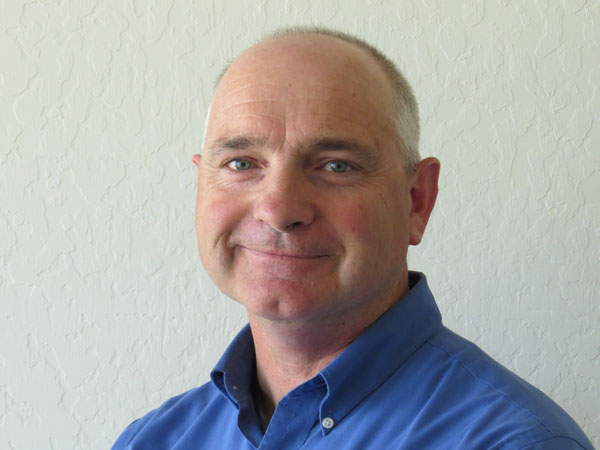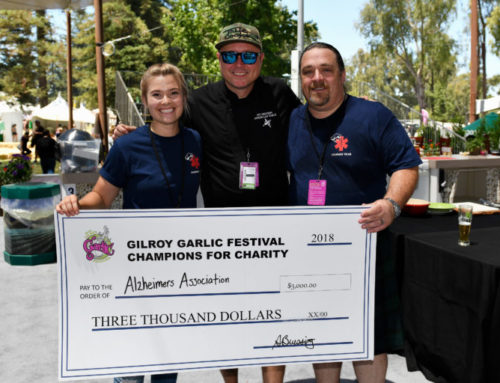Published in the August 6 – 19, 2014 issue of Morgan Hill Life
By Marty Cheek

Marty Cheek
The various local races for mayor, city council, school board, and water district are now gearing up for the Nov. 4 election date. From my own personal experience campaigning for school board, I have an idea about what the various candidates will go through. It’s all part of the exciting and fun-filled vetting process called democracy.
Running for a political office is not for the faint-of-heart. That’s one of the many lessons I learned when I threw my hat in the ring two years ago and campaigned for a seat on the Morgan Hill Unified School District’s board of trustees. I’m glad I ran. In hindsight, I’m also glad I lost.
People often asked me why I chose to run for the board in the 2012 election. I never had a career in education and I don’t have any children, so my candidacy confused some people.
The decision came out of a slow-brew process while working on the book Clean Energy Nation: Freeing America from the Tyranny of Fossil Fuels, which I co-wrote with Congressman Jerry McNerney several years ago. One chapter related to how our nation’s public education system plays an important role in citizens of America understanding the science related to energy and how the incredible lack of scientific literacy in our country adversely impacts energy laws and policies.
While researching that chapter, I came to realize why America’s education system is too antiquated to prepare young people for a competitive 21st century global economy. Many U.S. public schools use a Model T factory paradigm based on education guidelines established in 1909. If America is to survive as a world leader, we need to re-engineer our public education for a Tesla world — a faster, smarter scholarly environment where our young citizens learn how to more effectively learn and analyze information.
My campaign for school board was focused on the theme of “student excellence.” That slogan was printed alongside my name on the plastic lawn-signs that went up around Morgan Hill during the 2012 election season. The core philosophy of that theme is based on the idea that a community has a moral obligation to help every young person excel in their K-12 learning so that they can excel in their lives.
One thing I learned with surprise while campaigning is that most people aren’t really interested in what a candidate might believe or think. Most people want to tell the candidate about what they believe and think. They might ask a question to get the conversation going, but as soon as you start to answer, they’ll interrupt and start sharing their perceptions and opinions about education. My campaign for school board turned into a “listen and learn” tour. That was perfectly fine as I appreciated how these conversations with potential constituents clarified for me the local concerns in Morgan Hill’s public education system.
Often, I joked that running for the board of education is really an education in itself. You learn fast during a political campaign how truly ignorant you are about topics you thought you knew a lot about. It’s a very humbling experience, but a good one for every candidate to go through. You never know when it’s pop-quiz time and some potential voter will ask a detailed question about some obscure education issue you might not have thought much about.
Another thing I learned during my time on the campaign trail is how cynical many Americans are about the politics in America and the process of democracy. Several people verbally attacked me as “just another politician” and insisted that I had aspirations for higher office. This voter cynicism is nothing new. Much of it is generated by the news media’s tendency to focus on the corrupt office holders, disregarding the fact that the vast majority of elected officials want to do their job honestly and to the best of their ability.
Despite this dangerous cynicism, campaigning in an election is an essential part of the vetting process of selecting the men and women to represent us in government office at all levels. It helps the public get to know the philosophy and character of the candidate. It also lets elected officials build a network of allies who can help them build their leadership ability. Most importantly, political campaigning serves as a system of education for the candidates on what issues are really important for the quality of life of a community.
Overall, the process of campaigning for school board in 2012 was an enjoyable one for me. It was an excellent way to gain a deeper appreciation of the American democratic process of electing leaders – and a masters degree college course in the intricacies of human nature.






